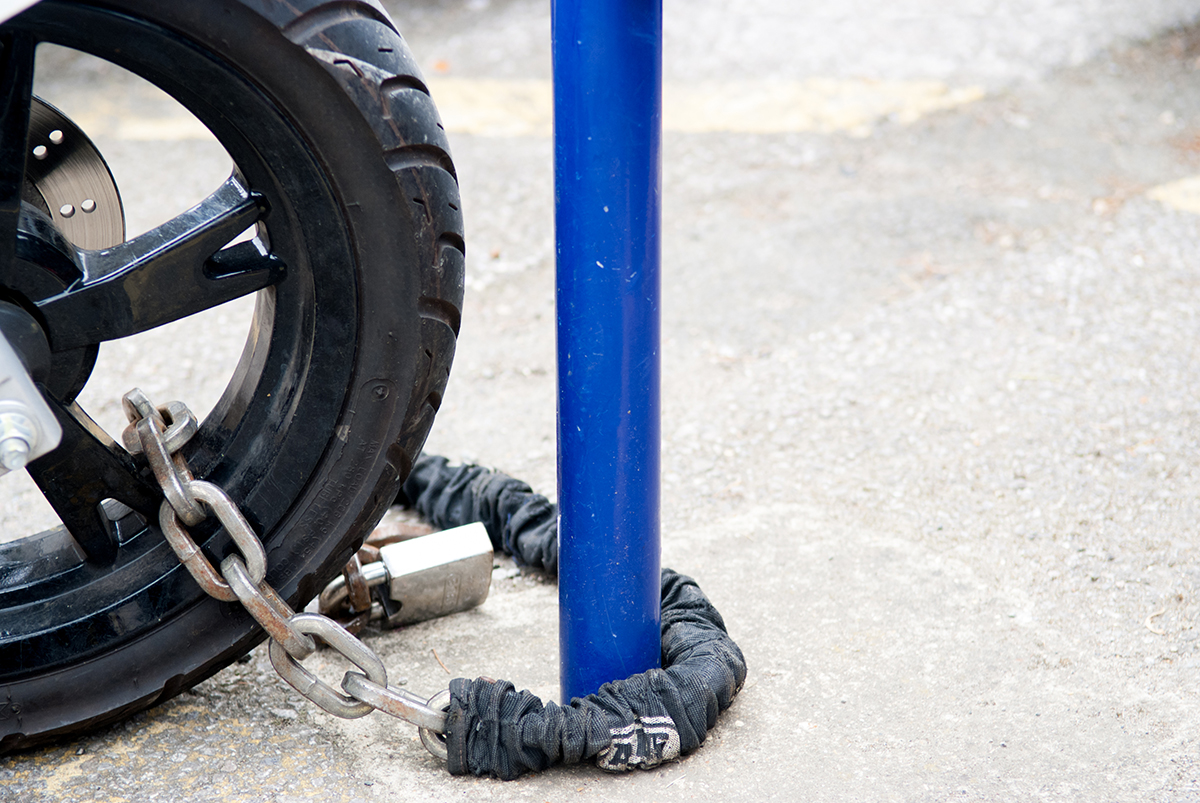Fall is in full swing, and that means the holiday season will be here before we know it. But as we spend more time indoors — and much of that time in the kitchen, preparing delicious meals for our family and friends — it’s important to know how to stay safe in your home with these Thanksgiving safety tips.
And here’s why: according to the NFPA, home fires caused by cooking peak at Thanksgiving and Christmas. In 2018, fire departments responded to an average of 470 home cooking fires per day, with ranges and cooktops involved in 61% of those calls. Yikes!
We’ve talked about home fire safety before on the blog, and this article will expand on those tips to ensure you and your family understand how to prevent kitchen fires and stay safe during the holiday season. Plus, we’ll share some important tips so that you’re ready for any emergency.
Ready to get started? Let’s get to it.
Install Smoke Alarms & Fire Extinguishers
First and foremost, the best precautionary tip is to make sure you’re all set when it comes to smoke alarms and fire extinguishers in your home. This is your first line of defense.
Experts recommend installing smoke alarms on every floor, outside each bedroom, and by the kitchen. Fire extinguishers should be kept within reach of the kitchen, near any sources of heat (e.g. fireplace), and the garage, with at least one on every level of the home. (Don’t forget the basement and attic!)
Once installed, you’ll also need to regularly check the batteries and replace them as needed. Many families use the bi-annual Daylight Savings time change as their reminder to test alarms.
Check for Fire Hazards Around the Room
Another important tip is to regularly check for fire hazards around the kitchen as well as other rooms around your home. Some examples of what to watch out for are:
- Clutter around the microwave, oven, and other appliances — including towels, papers, curtains, and paper towel dispensers
- Obstructions near microwave vents
- Electric cords from coffee makers, mixers, etc.
- Trip hazards on the floor or around the room (including kids and pets!)
Make sure to keep anything flammable far away from any heat sources, and never leave things unattended. Also, with so much going on, it can be easy to forget what you’ve put in the oven or have cooking on the stove. Keep distractions out of the kitchen, and have a plan in place to keep an eye on any dishes you’ve got in progress.
Consider Your Cooking Methods
Speaking of dishes in progress, make sure you are comfortable with all of the cooking methods you’re using and what to do in the case of a fire. Here’s what to know:
- Stove fire: Shut the stove off and cover the fire with a lid to suffocate it. Pouring baking soda on the flame can also help. Do NOT use salt, flour, or water to try to put out the fire, as these can cause the fire to get even bigger. If this method doesn’t put the fire out, use your fire extinguisher. If it’s a large fire, leave your house and call for help.
- Oven fire: Turn the oven off and keep the door closed; without oxygen, the fire should burn out on its own, but if it doesn’t, leave the house and call for help. If it does go out, open your windows for airflow and carefully open the oven door. Let all smoke clear out, allow to cool, and clean up all debris before resuming cooking.
- Microwave fire: Fires in the microwave usually start when you’ve accidentally put something in there that doesn’t belong! This can include metal (like silverware), tin foil, styrofoam, single-use plastics, and cloth. If you notice a fire, unplug the microwave and leave the door closed. The fire should die out on its own; if it doesn’t, leave your home and call for help.
- Deep fryer fire: Quickly cover with a fire blanket to smother the flames, or stand at a distance and use a fire extinguisher. Do NOT use water to put out the fire.
And a few tips for fire prevention in the kitchen:
- Make sure your cooking appliances are clean before using them, as leftover food debris can easily catch fire
- Unattended cooking is the leading cause of cooking fires; stay in the kitchen while you’re cooking, and assign someone to keep an eye on any devices you’re using outside
- Be especially careful with hot grease, and cover items that might splatter
- Opt for gas ranges, if you have the choice; the NFPA found that households using electric ranges showed a higher risk of cooking fires than those using gas ranges
- Make sure not to overfill pans
- Fryers should always be used outdoors and at a safe distance from your home; never use a fryer on a wooden deck or an uneven surface
Make it a Family Affair
Of course, you’ll want to keep kids away from the stove, knives, and any hot foods or liquids. Also, consider your child’s age and abilities before letting them help out. For example, younger kids may be able to help with opening packages and measuring ingredients, but you may want to reserve other tasks (like operating the stove or using the microwave oven) for older children.
Kids (and ALL family members, at that) should also be well-educated on fire prevention tactics, as well as what to do in the case of an emergency. Review and practice your escape plan at least twice a year, and designate a meeting place outside of your home.
Know When & How to Get Help
While the tips above are helpful for small flames that you catch immediately, if you’ve got a larger fire on your hands or if feel unsafe at any time, quick action is imperative. Get out of your home immediately and call 9-1-1 for assistance.
For even faster help, the Rescu app is here for you. It’s the fastest way to call for emergency help, allowing you to send for fire, police, or EMTs in just two taps. By pre-registering your address within the app, help can be on the way much quicker; plus, it will automatically alert your emergency contacts so they can respond appropriately, and will notify the emergency responders of any health conditions that you may have. It’s also a fantastic option for the hearing impaired community, as there is no talking or texting required to get help when you need it.
If you are traveling to visit family for Thanksgiving, the app is must-have for you as well. If an emergency arises while you’re away and you receive an alert from your cameras or smoke detector, you have the ability to request emergency response directly through your smartphone. Avoid the hassle of looking up the contact information for your local emergency responders to send help to your residence and allow Rescu to provide the fastest way to send help in an emergency.
Invest in your family’s safety for as little as $7/month—learn more about the life-saving Rescu app, available for iOS and Android!



